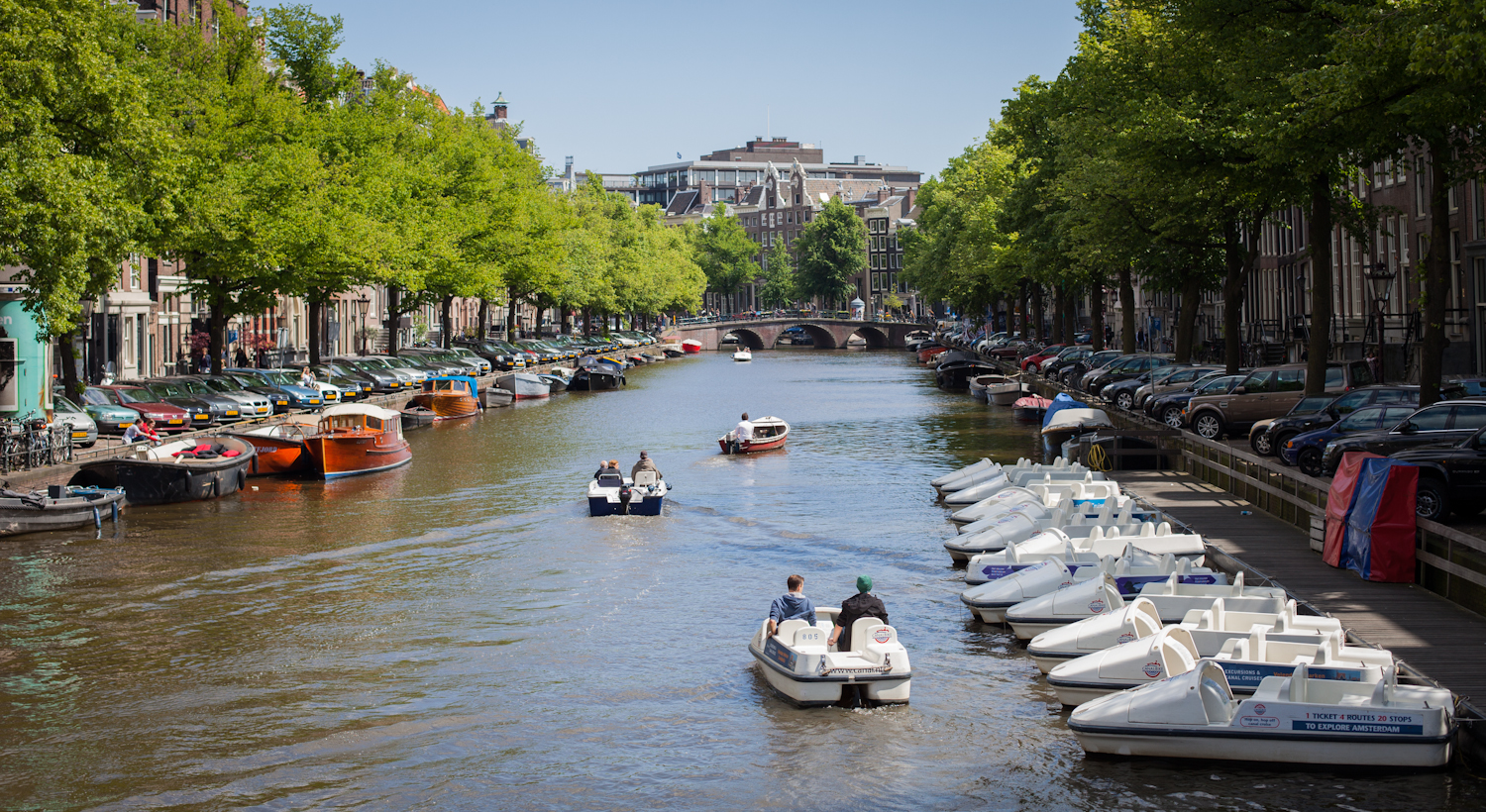The Dutch government's proposal to raise VAT on books, museum visits, hotel stays, and sports events has triggered strong opposition from the cultural and leisure industries. The new policy, set to take effect in 2026, would raise VAT from 9% to 21% on a wide range of leisure activities. The planned tax increase in the Netherlands will also affect concert tickets, sports events, and newspapers, sparking concerns for the country's cultural sector.
The May-elected Dutch Prime Minister, Dick Shoof believes the tax hike will generate €2.2 billion annually for funding social programs and infrastructure projects. However, the move has been met with fierce criticism from leaders in the cultural and leisure sectors, who argue that it could harm an industry still recovering from the pandemic's impact.
The slogan "No Higher VAT." has been posted in full-page ads in national and regional newspapers by a broad coalition of Dutch cultural organisations in a campaign launched in June when the initial plans were announced. The group includes the Dutch Football Association (KNVB), the Eredivisie, the Culture Federation, the Pop Coalition, and the Dutch Association of Journalists (NVJ).
Opposition continues to grow. In a statement, the coalition warned that the tax hike would inevitably lead to higher prices, limiting access to sports, media, books, culture, and catering for the public. They expressed concerns about the impact on Dutch people's free time, club activities, and overall mental health.
Cultural professionals noted that increased ticket prices potentially reverse progress made in rebuilding attendance at concerts and events post covid, hurting both institutions and artists. It has been speculated that the amount of visitors could fall between 9 and 12% with the planned increases. The director of the Cultuurfonds Cathelijne Broers stated, “Every artist, organisation and theatre company in the Netherlands will suffer” citing the broad impact on smaller as well as larger organisations.
Johan van Oort, chairman of the Dutch Publishers Association, emphasised that books are essential to culture and education, not luxury items. He commented, ‘"Books are not a luxury item; they are a crucial part of our culture and our education system. Increasing the VAT on books will create an unnecessary financial burden on readers and further widen the gap between those who can afford to buy books and those who cannot."
Despite these challenges, the Dutch cultural sector remains one of the strongest in Europe, contributing to 3.4% of Dutch GDP. According to EU statistical agency Eurostat, nearly 3% of the Dutch workforce is employed in the cultural and creative industries, placing the Netherlands among the top in the EU for cultural employment. The sector has been steadily growing since 2020. The proposal has not yet been implemented as entry into force is subject to its passing through the Lower and Upper Houses of parliament and will only be written into law after publication in the Dutch official government gazette.
image credit: cc 2.0








